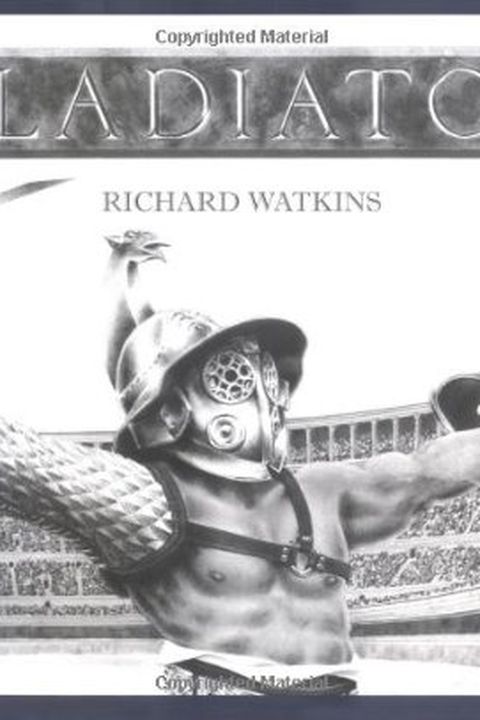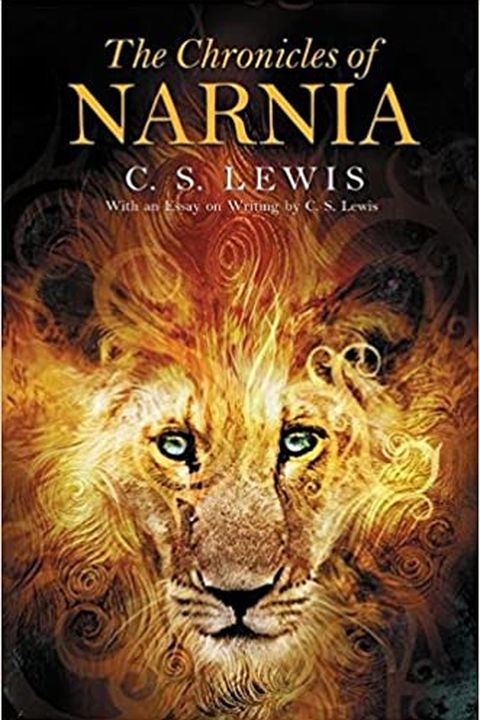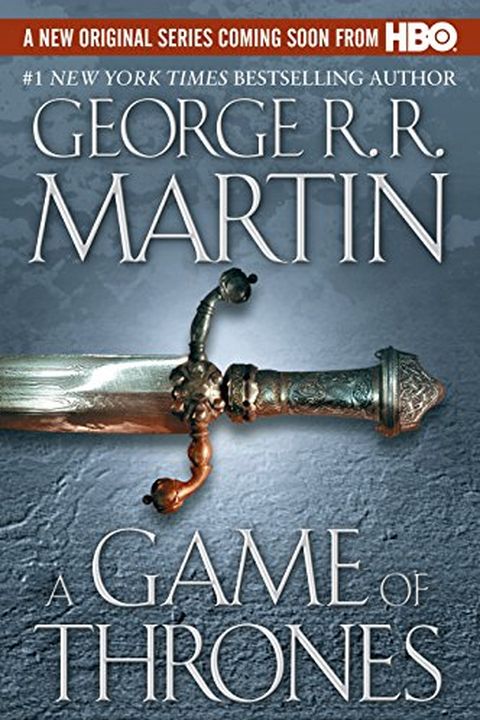Personajes por Myers-Briggs
Personajes ENTJ
Commander
Bold, imaginative and strong-willed leaders, always finding a way – or making one.

Maximus Decimus Meridius
de Gladiator
Maximus captures the strong leadership skills and intense foresight of the ENTJ personality type. He is quick and strategic in his decision-making abilities and can quickly take command of others for the better good. He doesn’t waste time and he’s extremely focused on achieving his goals, for himself and others. As a dominant Extroverted Thinking type, Maximus is logical and decisive. Also, he uses his co-pilot Introverted Intuition to create long-view plans, strategize, and get inside his enemies’ minds. With this character, we also get to see his inferior process of Introverted Feeling as he struggles to handle his grief without sharing any of his emotions with other people. Like many real-life ENTJs, Maximus feels things deeply and his values and emotions play a large role in his choices, though he makes sure they’re not readily apparent.

Jadis (The White Witch)
Jadis is, as others notice, “terribly practical.” She only focuses on what will work in the real world: ideas that cannot be implemented (and people who cannot be used) do not interest her. A very assertive woman, Jadis frequently gives direct commands and makes no attempt to soften her opinions for the ears of others. She has no moral qualms about lying, but her natural bluntness often limits her ability to deceive others. Jadis is a woman of one idea—power. No matter where she finds herself, she immediately focuses on achieving her master plan of total domination. Jadis is willing to endure personal discomfort in order to achieve her ultimate goals, and she ignores anything or anyone irrelevant to her overall purpose. Jadis believes that her behavior is appropriate, despite its obvious selfishness.

Light Yagami
Light is a natural genius who’s highly perceptive, good with problem solving, and skilled at mapping out scenarios. Popular with his peers and praised by adults, he also develops quite a high level of hubris that plays-in to his decision to become a “god” once he has the power to kill simply by writing a name in the Death Note. Thankfully, most ENTJs can’t directly relate to Light’s cold, ruthless nature that develops as he becomes a villain. Many can, however, relate to the systematic way he pursues goals and his ability to persuade other people that his cause is just.

Azula
Life is rational and orderly to Azula. There is a right thing to do and a right time. There is an order and responsibility that everyone must follow and if they can’t see it, it is her job to make them or they can die. Everything and everyone has their place. Azula thinks linearly and hierarchically. Everything has a natural cause and effect. She is always trying to make things more efficient and thinking of the future. This is what makes her great as a leader. She sets a goal and is able to delegate and make it happen. Azula may not represent dominant Se in anyway. She is structured and planned. She doesn’t seem like one to be impulsive. Azula is clearly aware of appearances and she knows how you look is important. She uses this for her status and power. Everything is in it’s place. She doesn’t innovate fashion or start trends, but she is aware of aesthetics and uses these for her Te-Ni goals.

Darry Curtis
Darry is a consummate leader. Having stepped in as the legal guardian to his two younger brothers, he easily lays down and enforces ground rules. Although the greasers have no “leader,” official or not, it is Darry who takes up the mantle most often, as he remains cool and logical even when fists are flying all around him. Darry carefully makes life decisions based on the long-term consequences of his actions; alone of the greasers, he abstains from smoking cigarettes so as to avoid any adverse health effects down the road. Darry is a loving brother who has made great sacrifices for Ponyboy. Although very intelligent and studious, he has forgone a college education so that Ponyboy can go to college instead. However, he is so emotionally distant that at times, Ponyboy thinks Darry doesn’t love him – or worse, resents him. Darry can react violently when stressed out or insulted; he slaps Ponyboy across the face for staying out too late, and he punches Steve in the jaw for calling him “All Brawn and No Brain.”

Petyr Baelish
Petyr Baelish judges based on impersonal practical knowledge. He sees the standards of the game, society, of power. Despite his possible cheating of the rules which will be covered in Ni, he does indeed work within them, which is probably why he has lived so long, unlike traditionalists like Ned Stark. Petyr will often put his personal life and feelings aside for the execution of plans and decision making in order to survive and acquire power. He requires hard facts when he deals with anything. He needs evidence and facts in order to be persuaded of anything. He does not make a move based off of a whim, a gut feeling, or an appeal to emotions. In fact, his dominant Te gives him the gift of a deep emotional privacy that few get access to. As an inferior function, Petyr is afraid of his own Fi, afraid of his own emotions. For him being emotional means being out of control and that he can never be. He pushes the feelings down, finding them illogical and not helpful for his Te aims.

Sokka
Sokka lives in a world of logical, rational, and proven principles. This order in the outer world is what makes the most sense to him. Sokka’s dominant Te is what makes him focused when compared to Aang’s Ne dominance as an ENFP. Aang wants to take vacations and help people along the way. Sokka handles projects one at a time and hates all of these detours from their one mission to defeat the Fire Nation. As with everyone, Sokka’s inferior function is in direct conflict with how his dominant function sees things. Fi is immediate, subjective, and focused inwards. Fi demands that Sokka find who he is separate from Te systems. Not who is Sokka in the Water Tribe or who is Sokka in Team Avatar, but who IS Sokka? Who is he an an individual independent of others? This really sticks out when he gets a Sword Master. He doesn’t feel less than the others, but he wants to know who he is and needs to do something for himself. So he becomes Piandao’s student. This helps him find himself and really rounds out Sokka’s character giving him a strength being part of the system again that he did not have before.

Edmund Pevensie
Edmund takes a logical approach to life, and he hates it when others try to control him. Edmund is willing to think outside the box, a trait which interacts unhealthily with his inferior Se attraction to Turkish Delight. As a result, he develops ideas–based on wishful thinking–about the Witch that directly contradict what he is told by Lucy and the Beavers. Edmund is motivated to betray his siblings by picturing his future self reigning over Narnia. Edmund does not always pay close attention to his surroundings, and the Witch has to give him directions back to the lamp post, from which he had walked only a few hours before. Edmund’s Fi first appears as self-absorption. He does not base his moral beliefs on those of his three siblings, consistently acting in ways that disturb family harmony. Personal experience (first with the Witch, and then with Aslan) changes his value system. Subsequently, Edmund begins to behave in a self-sacrificial way, although he continues to keep his emotions private. Empathy does not come naturally to him, but he shows sympathy for people (such as Eustace and Rabadash) who have behaved badly, since he remembers his own treasonous behavior.
